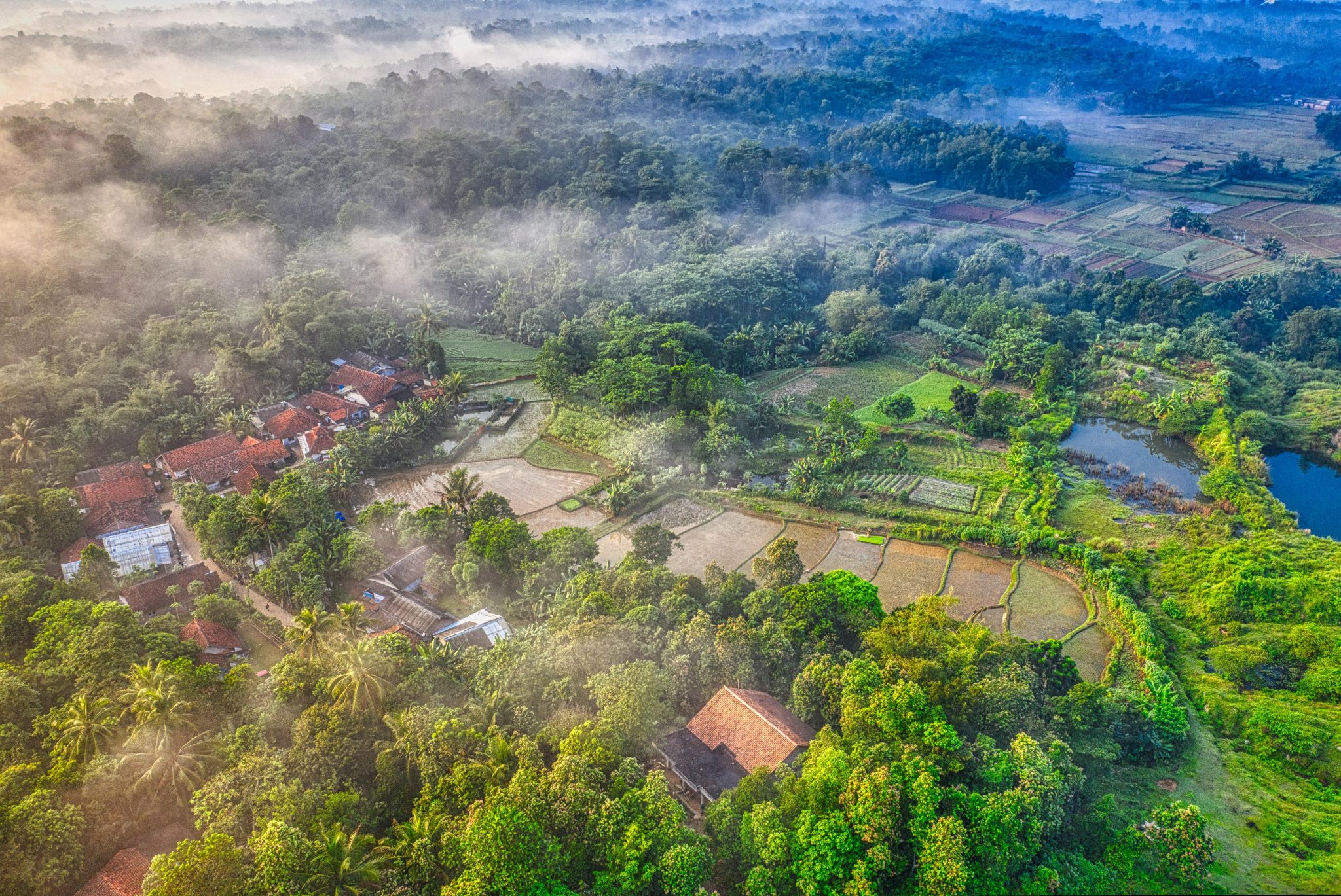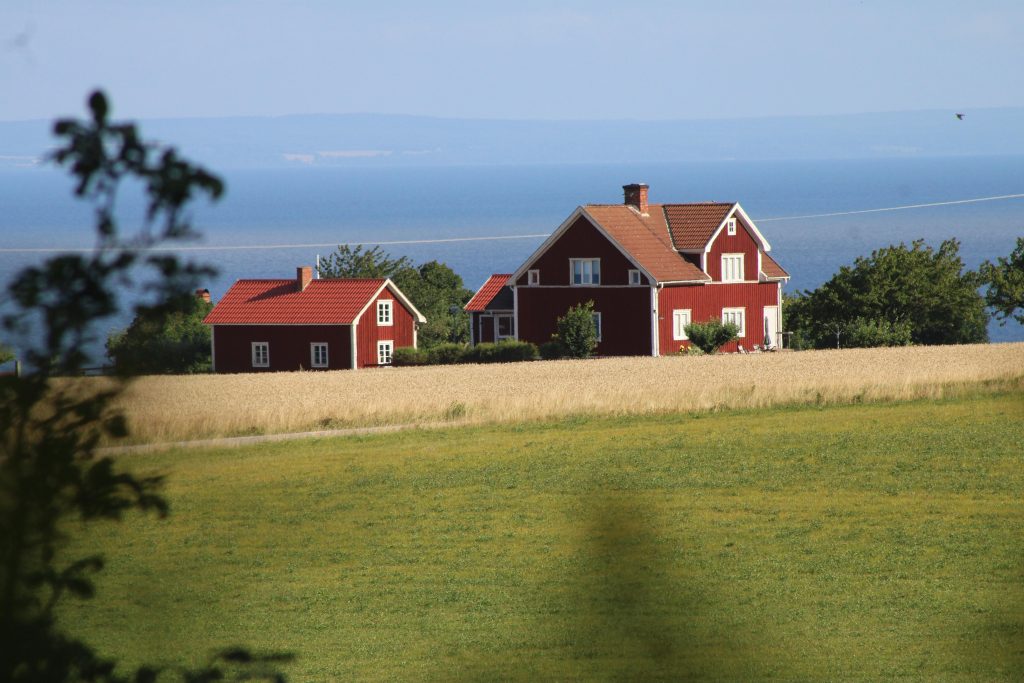In an age where technology connects us instantly and life seems to move faster than ever, it’s surprising to see a growing number of people making a move that’s almost the opposite of modern trends — leaving the city and settling in the countryside. Yet, the appeal of rural living is not just a nostalgic longing for simpler times; it’s a lifestyle choice backed by real benefits.
The countryside has always had its admirers, but these days, the pull is stronger than ever. From affordability to well-being, the reasons behind this shift are diverse, personal, and deeply rooted in how people envision a fulfilling life.
1. Peace and Quiet in an Overstimulated World
One of the most immediate and obvious attractions of rural life is the peace and quiet it offers. Cities are alive with constant noise — traffic, construction, sirens, and even the low hum of human activity. Over time, these background sounds become a kind of mental clutter.
In the countryside, that background noise is replaced with the sounds of nature: birdsong, rustling leaves, and maybe the distant low of cattle. There’s a natural rhythm to rural life that allows people to slow down, breathe, and think more clearly. This isn’t just poetic—it’s backed by research showing that quiet, green spaces can lower stress and improve mental health.
2. More Space for Less Money

Urban housing prices have skyrocketed in many countries. For the cost of a small apartment in a major city, you might be able to buy a spacious home with a garden — or even several acres — in the countryside. This financial breathing room is a huge motivator for people who feel squeezed in every sense of the word in urban areas.
With more space comes more possibilities: home offices, vegetable gardens, workshops, and places for children and pets to play. You don’t just buy a house in the countryside — you buy freedom.
3. A Stronger Connection with Nature
Modern life has distanced many people from the natural world. In the city, nature is often limited to manicured parks or potted plants. In rural areas, it’s a daily experience. Residents wake up to fresh air, enjoy expansive views, and live alongside wildlife.
This connection isn’t just aesthetically pleasing — it has real health benefits. Spending time in nature has been linked to reduced anxiety, improved mood, and even better physical health. For families, raising children with direct access to outdoor spaces encourages exploration, independence, and an appreciation for the environment.
4. Healthier Living — Mind and Body
The countryside lifestyle often naturally promotes better health. Cleaner air, less pollution, and reduced exposure to noise all contribute to physical well-being. Many rural dwellers find themselves walking more, gardening, or engaging in outdoor activities like cycling, fishing, or hiking.
Food is another factor. With more space to grow your own fruits and vegetables — and easier access to local farms — it’s often possible to eat fresher, more nutritious meals without the premium price tags seen in city markets.
5. A Sense of Community That Feels Real
While cities have their own kind of community, rural areas often foster closer, more personal relationships. In smaller towns and villages, people tend to know their neighbors. Social interactions are less rushed and more genuine.
Community events, local markets, and shared traditions bring people together. In some cases, these bonds can provide a stronger sense of safety and belonging than city life, where anonymity often prevails.
6. The Rise of Remote Work Has Changed the Game

Not long ago, many people simply couldn’t consider moving away from cities because their jobs required a physical presence. The remote work revolution — accelerated by global events in recent years — has changed that.
Now, as long as there’s a reliable internet connection, people can work from a farmhouse as easily as from a high-rise apartment. This flexibility has opened up the countryside as a viable, even desirable, location for professionals, freelancers, and entrepreneurs.
7. A Shift in Values and Priorities
The pandemic years prompted many to reevaluate what really matters. For some, the answer was more space, more time outdoors, and a slower pace. People began prioritizing quality of life over proximity to big-city conveniences.
In the countryside, daily life can be more intentional. Without the constant bombardment of advertisements, events, and “must-see” activities, residents can focus on personal goals, family, and hobbies without feeling like they’re missing out on something.
8. Challenges — and Why They Don’t Always Matter
Of course, rural living isn’t without drawbacks. Fewer shops, longer distances to services, and sometimes limited public transportation can be inconvenient. Internet speeds can be an issue in very remote areas.
But for many who make the move, these trade-offs are outweighed by the benefits. In fact, some even embrace the limitations, seeing them as part of the charm — and a way to live a more self-reliant life.
Final Thoughts
The renewed interest in countryside living is more than a passing trend. It’s a reflection of a deeper shift in how people see happiness, health, and home. The appeal lies in the combination of space, peace, affordability, and the human need to be connected with nature and community.
For those who dream of waking up to green fields instead of concrete skylines, the countryside offers not just an escape from the city, but a chance to build a life that feels richer and more grounded.
And if you’ve been thinking about making the move yourself, there’s an exciting twist — you might not even have to buy your dream home outright. These days, you can explore ways to win a house, enter free competitions, or take part in house competitions that could turn your countryside dream into reality.




















